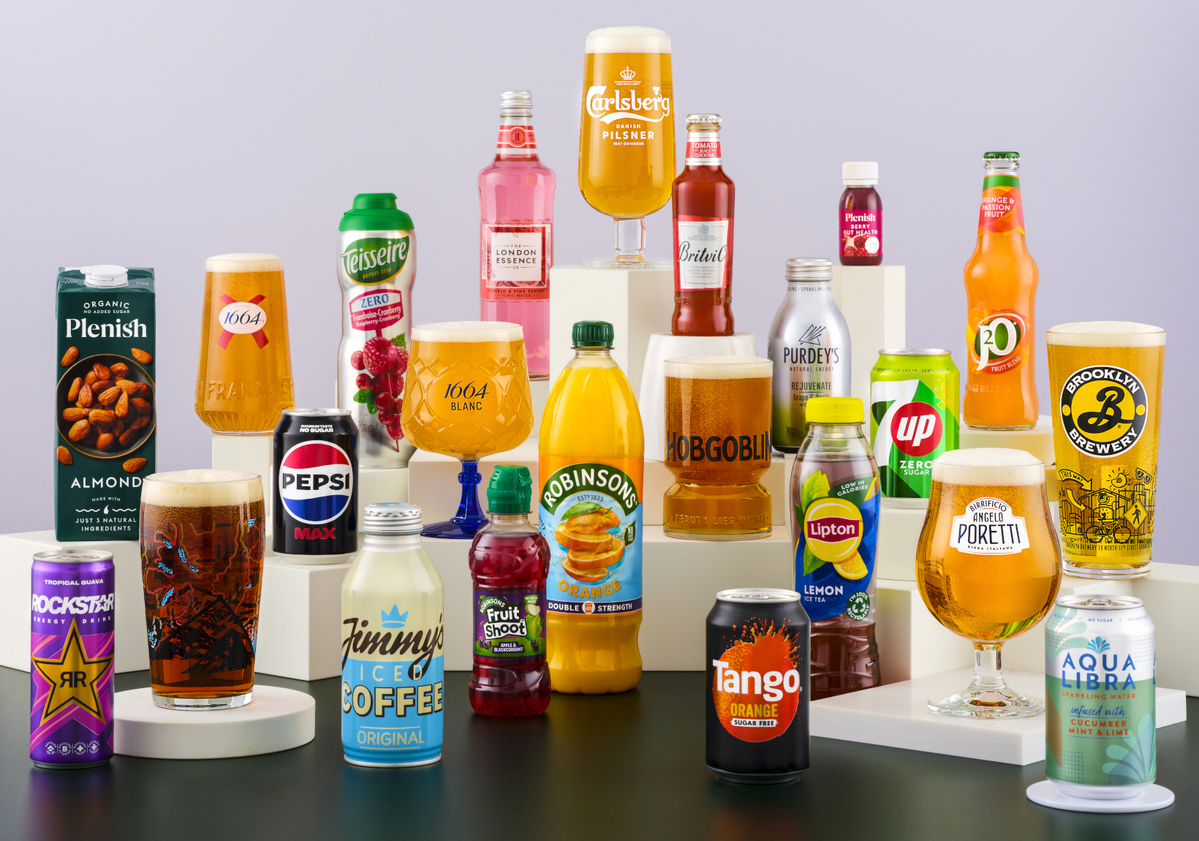Food Standards Agency recommends full ingredient labelling
The Food Standards Agency (FSA) has recommended that new legislation should require all ingredients and allergens to be listed on foods that are prepacked for direct sale.
The body's recommendation is for the strictest guidelines consulted on by the Department for Environment, Food & Rural Affairs (Defra), to be introduced although it will be up to Defra to make the final decision.
The consultation had been held after environment secretary Michael Gove pledged to introduce tougher measures following the death of 15-year-old Natasha Ednan-Laperouse, who had suffered an allergic reaction to a Pret A Manger baguette in 2016. The coroner reported that the chain's allergy labelling had been "inadequate".
Heather Hancock, chair of the FSA: "Food allergies and intolerance affects millions of people and its impact can be as big or bigger than almost all other foodborne diseases.
"That is why we have concluded that more extensive food labelling is the right outcome to provide greater protection for consumers but introduced in a way that we can be confident it will work.
"While it is impossible to eliminate the risks entirely, we consider that this change along with other measures we are prioritising will deliver more effective protection for allergic consumers."
The consultation into the changes found that 73% of respondents were in favour of full labelling, although "considerable opposition" was received from business operators and industry bodies.
Hancock said there was a level of misunderstanding regarding the proposal, which would not include food prepared freshly in front of the customer.
She said the FSA would work with all levels of business and was not expecting the rapid introduction of any new measures.
However, trade body UKHospitality has said the government should not act on the FSA's recommendations, and that creating an atmosphere where customers and staff feel confident discussing allergens is the best way to ensure safety.
UKHospitality chief executive Kate Nicholls said: "Full listing of ingredients is going to cause significant issues for businesses. The majority of hospitality businesses are small businesses and full labelling is not something that can be carried out accurately or effectively by chefs in a busy kitchen; nor can it be done by other members of staff who would need technical expertise to do so.
"Full labelling may also create a reliance on labelling that could prove to be less safe. There is the possibility of mis-labelling and no accounting for cross-contact which cannot be totally avoided. Not only is full ingredient labelling wholly impractical for some businesses, it may provide customers with a false sense of security.
"Some businesses, particularly smaller ones, may be put off making their own food on-site altogether and may resort to selling only pre-packaged food prepared offsite. This could lead to much less choice for customers and, as these products tend to go out of date more quickly, could exacerbate the problem of food waste.
The best way to keep customers safe is by empowering them to talk to staff members with the confidence that the information they receive is accurate and useful. We should not be discouraging customers from discussing allergens by relying on labelling alone.
Several businesses have already changed their policies around allergen labelling since the death of Ednan-Laperouse, including Pret A Manger, which is in the process of introducing full labelling.
[[article:cjzefwu3e6bz708878016um2h]]
[[article:cjze9sslh4iwy0887k03od47y]]

















